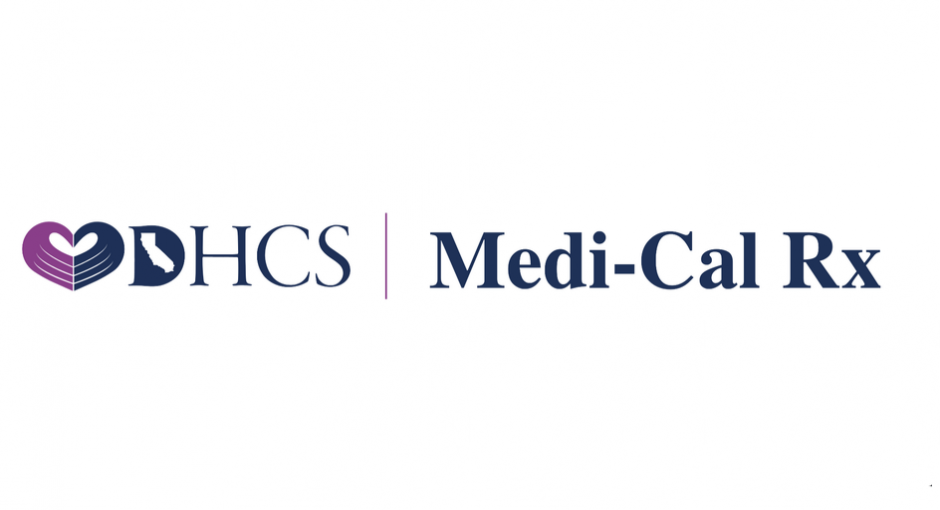California’s consolidation on Jan. 1 of all its Medicaid (Medi-Cal) prescription drug services under Medi-Cal fee for service does not violate federal law and does not deprive the state’s 340B health centers “of any reimbursement or revenue to which they are entitled under law,” the state Department of Health Care Services (DHCS) told a federal district judge in Sacramento last week.
DHCS asked U.S. District Judge John Mendez of the Eastern District of California in a Feb. 2 legal brief to dismiss the lawsuit that the Community Health Center Alliance for Patient Access (CHCAPA) filed against it on Dec. 30, 2021.
Mendez yesterday gave CHCAPA until March 18 to respond to DHCS’s motion to dismiss the group’s lawsuit. He gave DHCS an April 8 deadline for its reply to CHCAPA’s response.
CHCAPA wants Mendez to stop DHCS from implementing the consolidated Medicaid drug benefit program, called Medi-Cal Rx, with respect to health centers until DHCS can show that the new system reimburses heath centers for their actual and reasonable drug acquisition and dispensing costs. CHCAPA, which represents 31 federally qualified health centers that participate in the 340B program, says federal law requires state Medicaid programs to pay for health center services at 100% of their average costs.
Mendez on Jan. 10 declined to grant CHCPA’s motion for a temporary restraining order against the transfer of Medi-Cal managed care drug coverage to Medi-Cal FFS drug coverage, under its new name Medi-Cal Rx.
Under Medi-Cal Rx, health centers and other providers bill at acquisition cost for 340B drugs. Under Medi-Cal managed care, they could bill at higher negotiated rates. “No longer will FQHCs be able to benefit from the savings created by prescribing drugs through the 340B program as Congress intended. Any such savings will now go directly to the state instead” in “a reverse Robin Hood program,” CHCPA told Mendez in December.
In its response last week to CHCPA’s lawsuit, the state health department told Mendez that the only health centers that lose out under Medi-Cal Rx, with respect to being able to generate 340B revenue from managed care organizations, are those that choose to carve-out pharmacy services from the FQHC Prospective Payment System (PPS). If they carve out pharmacy from the PPS, they are reimbursed under the FFS rate schedule, which is now acquisition cost plus a dispensing fee.
“Just as before Medi-Cal Rx, an FQHC that kept or elects to include pharmacy services in its scope of services is entitled to reimbursement through its PPS rate for those services,” the state said.
“Nowhere do plaintiffs” acknowledge in their complaint that “FQHCs continue to have the option to receive PPS reimbursement for the pharmacy services under Medi-Cal Rx,” DHCS said. “DHCS’s PPS reimbursement methodology is established in the state plan, which CMS has reviewed and approved.”


